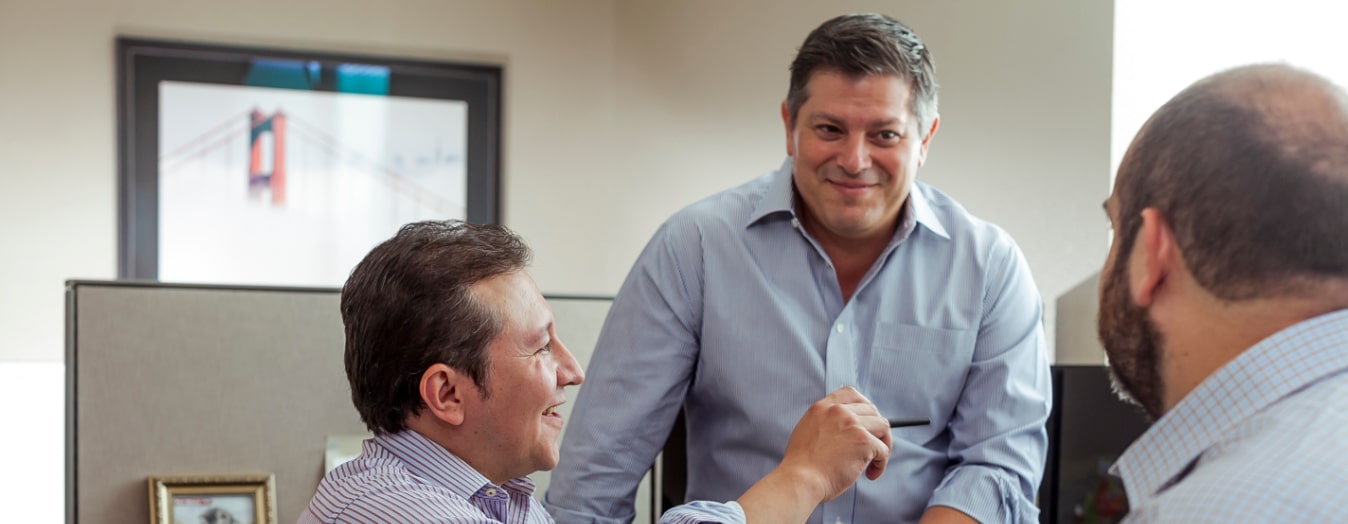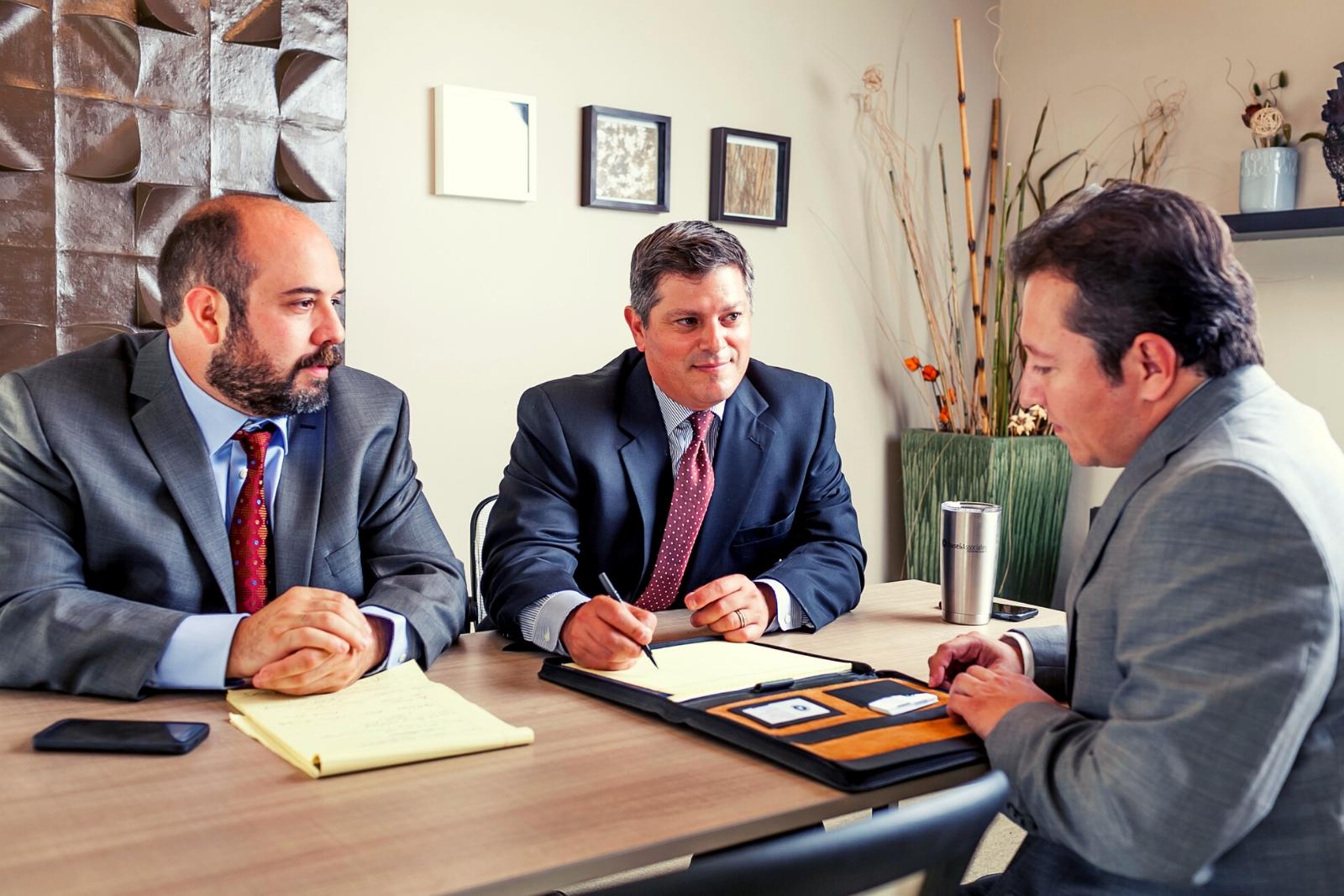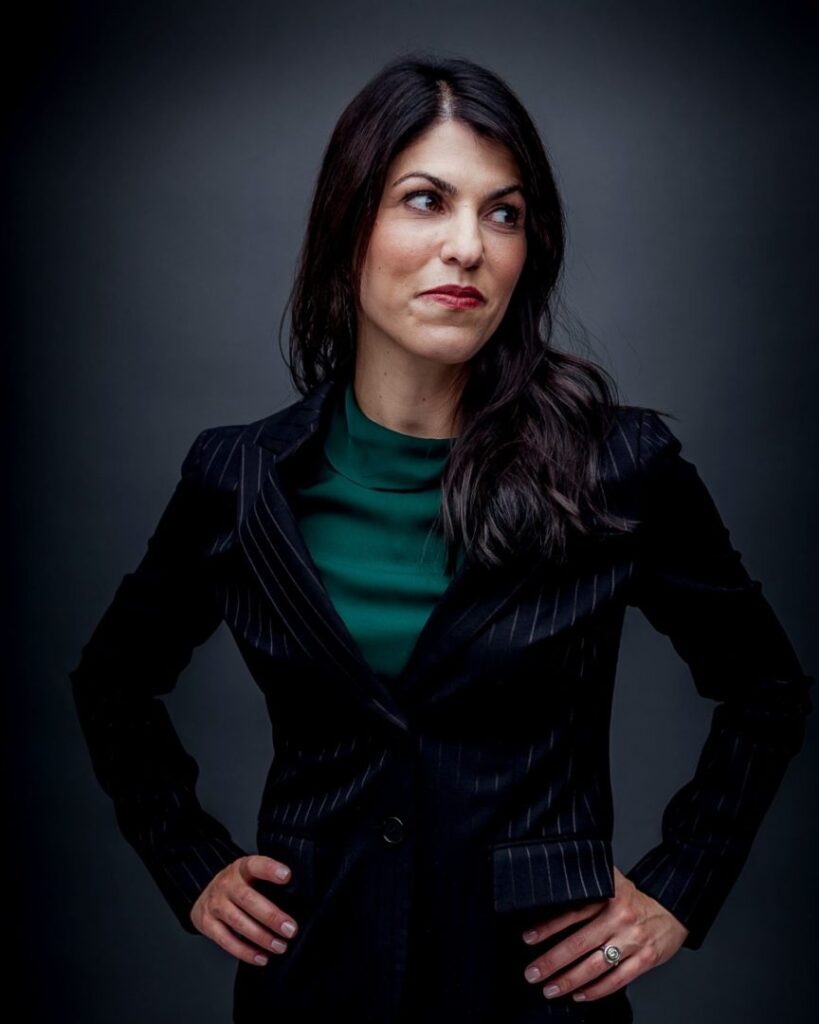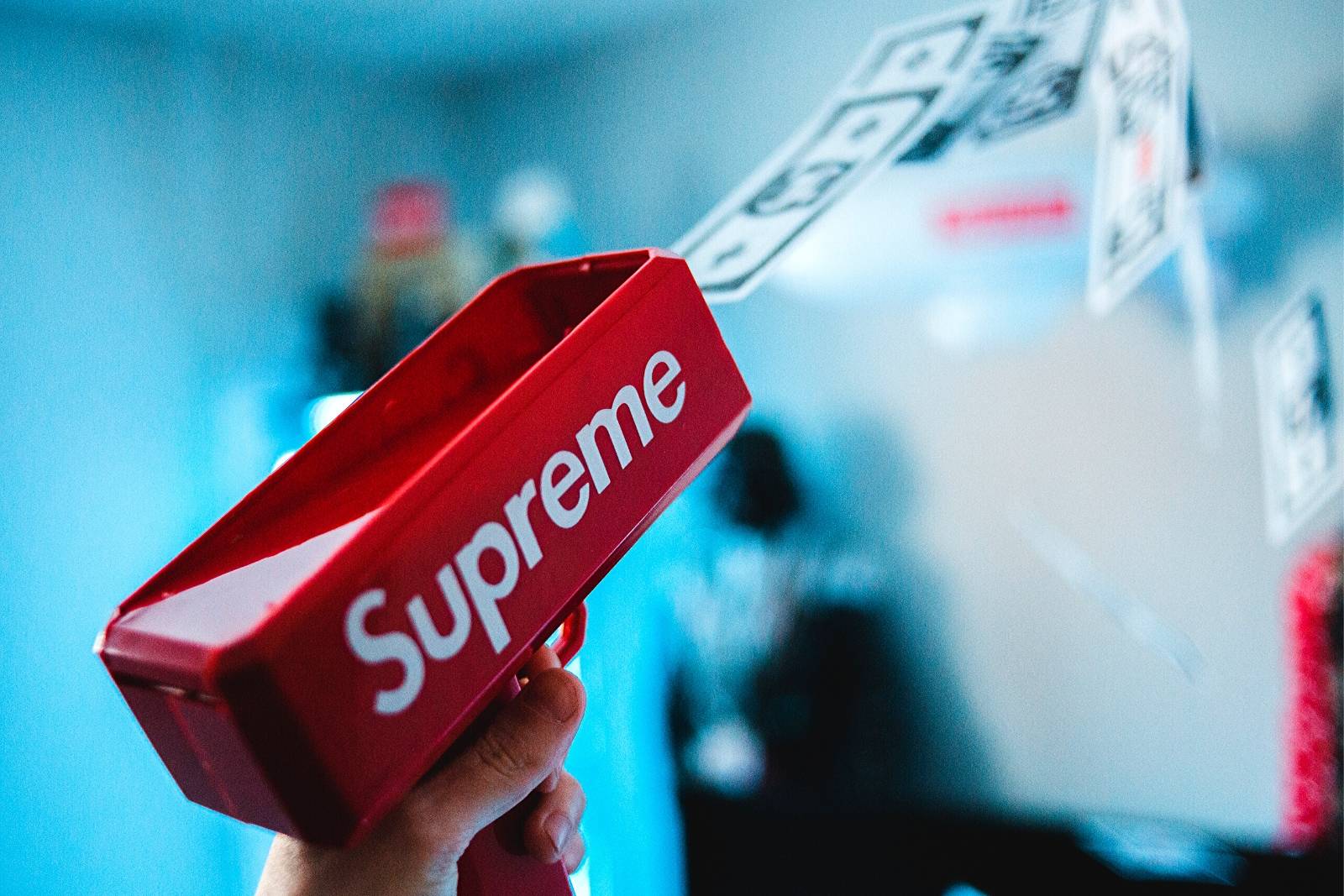In March of 2020, Chase & Associates’ long-time business consultant sat down with Michael Chase to talk about COVID-19, and scaling a family owned business. The result was a deep dive conversation filled with heartfelt wisdom and insights.
Enjoy!
CONSULTANT: We’re doing this interview amid the most severe pandemic in a hundred years. The world is experiencing a loss of life unseen in a generation.
Before we explore the topic of scaling a family-owned business in packaging, let’s spend a little time talking about the impact of COVID-19. What it’s like to go through a pandemic as a family-owned business?
MICHAEL: Very humbling. Very heartfelt. We already had a few people working remotely, but in our Austin office, everybody went home three weeks ago.
If someone felt more comfortable being at home, I told them to bunker down with their family, bring your equipment home. We’ll do what we have to do to keep the business going, where you’re safe, and with your family.
We do daily calls, Zoom calls, so we’re seeing everybody’s face. It’s not just talking business, it’s making sure everybody is okay as human beings.
In a way, it has brought us closer together in an extremely challenging time. The pandemic is interrupting everybody’s lives. It’s been a very difficult situation.
CONSULTANT: That is leadership per your values; relationships, integrity, that’s how you and Alexis (Michael’s sister and business partner) are wired.
I think for me, someone that’s been in the consulting game for as long as I have been, your response immediately tells me that even during your toughest moments as a family-owned business, your values hold when it matters the most.
What are the big takeaways, going through a crisis like this as a business?
MICHAEL: Knowing we will persevere, we will meet the challenge and come out the other side stronger and better, as I said earlier.
I hope that everybody learns to do everything in their power not to let something like this happen again.
CONSULTANT: What advice would you give a family-owned business that is struggling? Knowing how to deal with this pandemic while keeping your family business alive is a real issue for people.
MICHAEL: Take care of your family and your loved ones. Take care of your people. Assure them that this will pass, and we’re going to get through this together.
Make sure that they have a place to come back to when the pandemic passes. They have to be confident that you’re not going to run and protect your interest. You’re protecting the business and you’re protecting your extended family.
CONSULTANT: What are you saying to executives in the packaging industry that are not doing well? How are you reassuring them, or your client base?
MICHAEL: Our communication approach is heavy with empathy right now, understanding what they’re going through. Most of our clients are considered essential businesses because they support food, medical-type applications.
But the ones that I have the most respect for are taking care of their people; their office staff is working from home, their essential staff and production floors are set up with social distancing in mind.
They continue to provide packaging to put food on the table for the whole country, if not the world, but they’re doing what’s right for their people. They’re adjusting their processes internally to create a safe environment.
CONSULTANT: I spent about 40 minutes in line at Trader Joe’s yesterday, and it hits me that every single thing I bought is packaged. Packaging has unsung heroes that we never hear about in the media.
MICHAEL: I feel that every day with my wife being in healthcare. I know the sacrifices and the situations they’re putting themselves in, but the same is true in manufacturing, the products we use. Our clients are supporting those companies.
There’s a lot of essentials that you and I need as consumers, and to be a part of that and feel that pain on a daily basis, is very powerful.
Clients that show concern for their employees, their health, while at the same time doing what’s necessary to keep food in our refrigerators, it’s powerful.
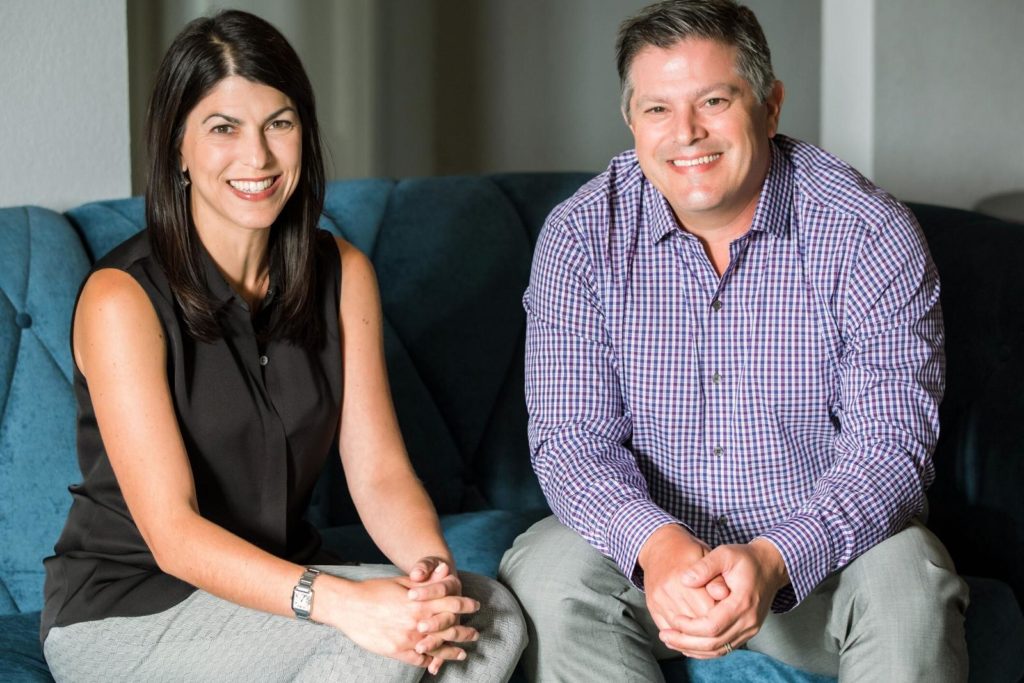
CONSULTANT: When did you decide to jump into the family business?
MICHAEL: It was back in 2000, shortly after the internet crash. Our father was going through some health issues, and the future of Chase & Associates was at risk.
I was living in Chicago, the internet company I worked with was not doing well, so I decided to get involved with the family business. It was the right time. The rest is history.
CONSULTANT: It’s like you were intuitively aware that the legacy of the family business was on the line, and you stepped up to keep that legacy going. Is that how you would characterize it?
MICHAEL: I think back to 1998 when my father broke away from the business he had initially founded, sold it, and started Chase & Associates. He did not intend to create a legacy business, but in the back of his mind, he was absolutely hoping for that outcome.
When the time was right, and the need was there for the business, it fell into place that I would join the business, and I took to it quickly. I didn’t know that I would eventually co-own the business with my sister. A lot was unknown at the time. It’s worked out well, now it truly feels like a legacy business. We commonly refer to our father as the legend within our company.
“I will give up today’s transaction for tomorrow’s relationship.”
CONSULTANT: What has owning a business with your sister been like over the years?
MICHAEL: We complement each other’s strengths and weaknesses in a very positive way. Alexis is hyper-focused; she gets that trait from our father. My success comes from a mix of that tenacity and the connection I make with people.
I couldn’t pick a better partner. We push each other in different ways; we fill the gaps for each other’s weaknesses. There are times where we’ll debate, but it never gets acrimonious. There’s a lot of mutual respect.
CONSULTANT: What advice would you give someone going into business with a sibling?
MICHAEL: Patience. Hold firm to your beliefs, challenge each other, debate, and then get aligned. Because when you’ve got employees, you need to have a unified front.
CONSULTANT: The family business dynamic seems intrinsic to your values as a brand?
MICHAEL: We have helped employees with family health issues, with first time home buying, personal tragedies. That’s the culture we’ve built. Alexis has been a major driver of creating that culture.
Our business is about much more than the name on the door, it’s creating an organization with an extended family. We care about our people. We want them to succeed.
CONSULTANT: How is owning a family business a competitive edge?
MICHAEL: If you’re part of a large recruiting business, I think it’s a lot more transactional, it’s short-term. When we recruit, or when we hire, we’re building long-term relationships.
I think to own a family business, and to think long-term, the value sets we bring, is valuable.
I often tell my clients, “you’re not gonna get twenty people thrown against the wall to see what sticks, you’re gonna get the best four to five candidates we could find.”
We try to impart that philosophy with our employees; recruiting is not just a job.
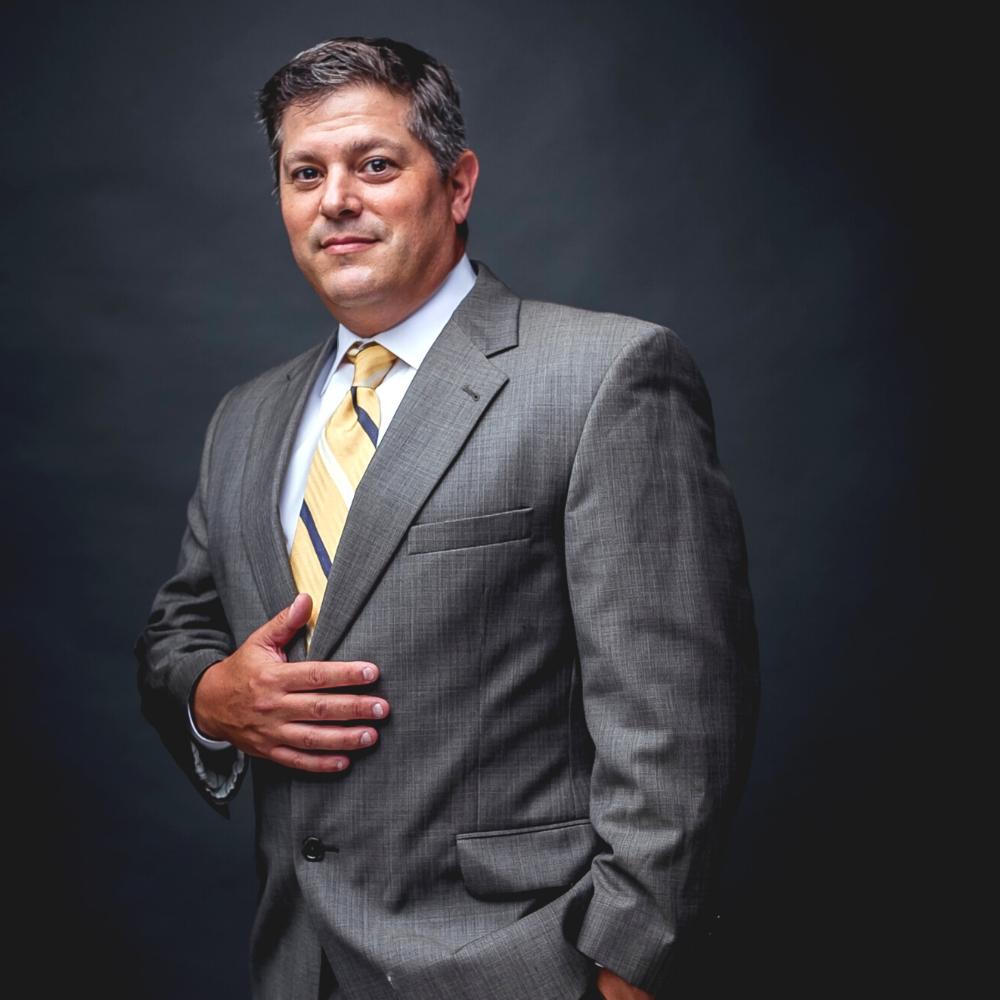
CONSULTANT: What is the thing that you’re the proudest of as a family-owned business?
MICHAEL: Taking our business to the next level. Our core business has expanded into other high-level positions such as operations, finance, executive leadership, quality. It has helped us go to the next level as a firm.
CONSULTANT: What motivates you to be a strong business owner?
MICHAEL: I’m driven to provide for my family and to give them the options that I’ve had growing up, but it’s about more than Alexis and me being successful. It’s about our whole team being successful.
Employees feeling empowered, feeling successful, feeling like they’re a part of the whole, that drives our success.
CONSULTANT: When you look out to the next ten years, what do you see as the big challenges facing the packaging industry.
MICHAEL: Packaging is not a sexy business for the 20 and 30-year-olds. We need to get back to developing young talent, recruiting them early, and supporting that with robust training and personal development programs.
There is a severe talent shortage between the ages of 25 and 40.
Another big opportunity is developing sustainable materials that still protect the food and the items that are packaged. Packaging companies thinking about the end of life will do well.
CONSULTANT: It sounds like the industry needs to evolve in the coming years?
MICHAEL: Recruiting the younger generations will be difficult if you don’t have a sustainability value set. The next generation’s view of the environment very differently than 50 to 60-year-olds.
Obviously, there are plenty of folks in their 50s and 60s that are very involved in environmental issues. But people in their mid-20s to 30s are incredibly focused on that issue.
If you don’t have a strategy, they’re going to see that and not be interested. We hear it every day.
CONSULTANT: Over our many years working together, the thing that most stands out for me is your willingness to learn and grow.
MICHAEL: I don’t know everything. I can always learn something from people, whether it’s friends, business colleagues, our employees, our clients, I’m always willing to learn or hear things from a different angle.
My first intuition is not always right, and I know that. I don’t argue for the sake of arguing, just to be heard or feel that I’m right.
CONSULTANT: The profession of recruiting doesn’t always enjoy the best reputation, and yet Chase & Associates seems to be at the polar opposite of that stereotype. Your firm seems deeply committed to this idea of high integrity recruiting?
MICHAEL: Absolutely, and that goes back to my statement about the transaction is not what’s important, it’s the relationship.
If we place a high-level person but didn’t do the due diligence, it wasn’t a great fit, that’s not going to get Chase repeat business.
It’s very much about finding the right fit to create a win-win with everybody involved in the process.
CONSULTANT: What was your reaction to my interview with Alexis, reading her words, the fact it took off on social media?
MICHAEL: Pride. The topic of Women In Packaging has been a passion of hers over the last few years. Our industry is very male-dominated. Alexis has developed nice relationships with women in the industry.
I am extremely proud that an idea that had been discussed over a couple of years has come to fruition. I have to get the numbers out, but 30% to 40% of our placements are women, so we’re very cognizant of diversity within the workforce.
CONSULTANT: Thanks for spending time with me today, especially when so much is going on with COVID. I think the thing that stood out the most is your firm’s passion for people. I’m sure a lot of people will benefit from our time together.
MICHAEL: I enjoyed it. I Iook forward to seeing it on our website.
What does this have to do with executive recruiting? EVERYTHING! The owners of Chase & Associates bring a great deal more to the table than their exceptional recruiting skills. You cannot recruit visionary leaders without being a visionary leader.
Chase & Associates
We Have Your Back


